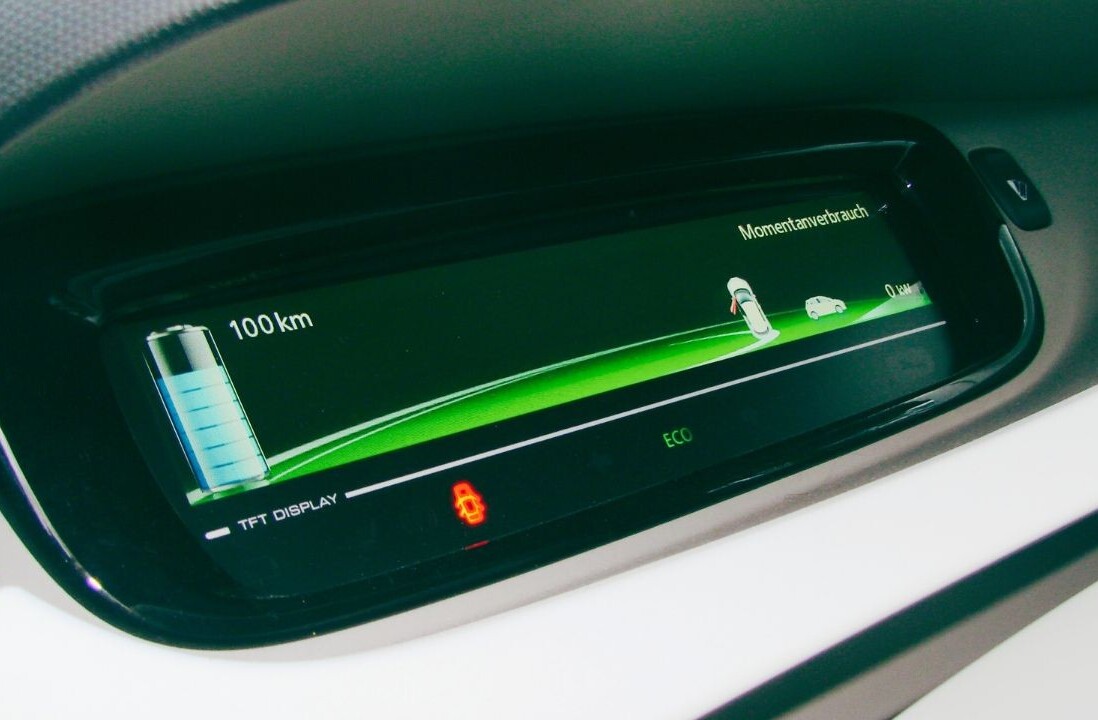
Whenever I mention ebikes to the kind of people who wear a lot of lycra, the most common response is an eye roll. They might not say it, but they equate a motor-assisted bike with “cheating.”
In other words, it’s not proper exercise.
But if we look at an ebike in terms of fitness compared to a regular bike, is it cheating? Can it get you — and keep — you fit?
What’s your definition of fitness?
Firstly, fitness means a lot of things to different people. For example, it could be:
- Resting heart rate.
- Lung capacity.
- Calories burned.
- Stamina.
- Climbing three flights of stairs without feeling like you will die.
- Burning fat.
However, can we really say one of the above is more beneficial than the others? Of course not. Fitness by itself is a term fraught with misunderstanding.
The health benefits of an ebike
2021 research revealed that riding an ebike for a 4.8km (3-mile) commute resulted in lower exertion in terms of metabolic and cardiovascular rates when compared with a regular bicycle.
However, this still met the intensity level associated with healthy physical activity recommended by the World Health Organization and the American College of Sports Medicine.
They concluded that such exercise, if performed regularly, would likely lead to the improvement or maintenance of cardiovascular health and caloric balance.
So, in a simulated environment, an ebike is a workout — but not as much as a regular bike.
I spoke to DJ Mazzoni, MSc, Dietician, and a Certified Strength and Conditioning Specialist, amongst other qualifications. He asserted that an ebike is great for your heart:
Cardiovascular training is a basic premise: you increase the work rate to the point that your heart rate is significantly above resting rate, and maintain that rate of work for a specified duration. This improves lung and heart function.
Ebikes can mean more biking

Research also finds that, with an ebike, you can ride more often and for longer distances.
Another group of researchers in 2019 found that ebike use leads to substantial increases in physical activity, with people switching from a car or public transport. Yet, unsurprisingly, people who had been using a standard bike for some time would see far fewer benefits than those for whom an ebike was the start of their fitness journey.
However, an ebike gives the rider the opportunity to enhance and extend their fitness at their own pace.
There’s no pressure to keep up, but rather to improve over time.
You can compare it to intuitive running. This is a method where you switch between running and walking, choosing whatever pace works for you, and as much as you can manage.
Comparatively, an ebike rider can choose how much or little they rely on the motor as they build fitness.
Ebikes weigh more which means more health benefits
Joe Johnson, the owner of 9 To 5 Nutrition, asserts that the weight of ebikes is also worth taking into consideration, noting that a heavier ebike takes more effort to ride, meaning you can still work hard, even with the motor in operation.
And don’t forget, there’s also the health benefit of carrying an ebike up and down stairs. This is no mean feat, as an ebike can weigh up to 30kg (70lb), compared to 8.2kg (18lb) for a standard bike.
But health is not just about fitness!

However, there’s also a broader model of health’s social determinants, which looks at health in a broader context of your socio-economic status, environment, and community connections.
According to Chris Emery, editor of OutdoorSoCal, an ebike means you can ride with a wide range of people, ride on days when you might otherwise feel too tired, and ride when you’re recovering from an injury.
He explained that a knee problem meant he couldn’t keep up with his cycling buddies, noting that riding for him is “a social activity, as well as a physical one,” going on to stress its importance for his mental health.
Then we have to consider where we’re cycling. Mazzoni believes that ebikes might be a better option than regular ones in areas of high pollution.
“Breathing heavily from the mouth during cardio outdoors may not be advisable in those areas,” he told me, “and an ebike may lead to better long-term health outcomes.”
Take your ableism and ageism and shove it

We’re also living with the reality of an aging population. And older people are already less likely to drive cars for safety reasons.
An ebike can keep people exercising and can extend someone’s cycling life, especially if they transition to etrikes and other more ergonomic designs.
So there you have it. If you are transitioning from a bike to an ebike, sure, you’ll find it easier. But for people looking to start a fitness journey, maintain their fitness, or exercise despite injury or advanced years, ebikes are a great option.
Getting people out in the fresh air, reducing pollution, increasing heart rate, socializing, and riding longer distances — these are all great markers of health and fitness.
And much, much better than a gas-guzzling car all round.
Get the TNW newsletter
Get the most important tech news in your inbox each week.




